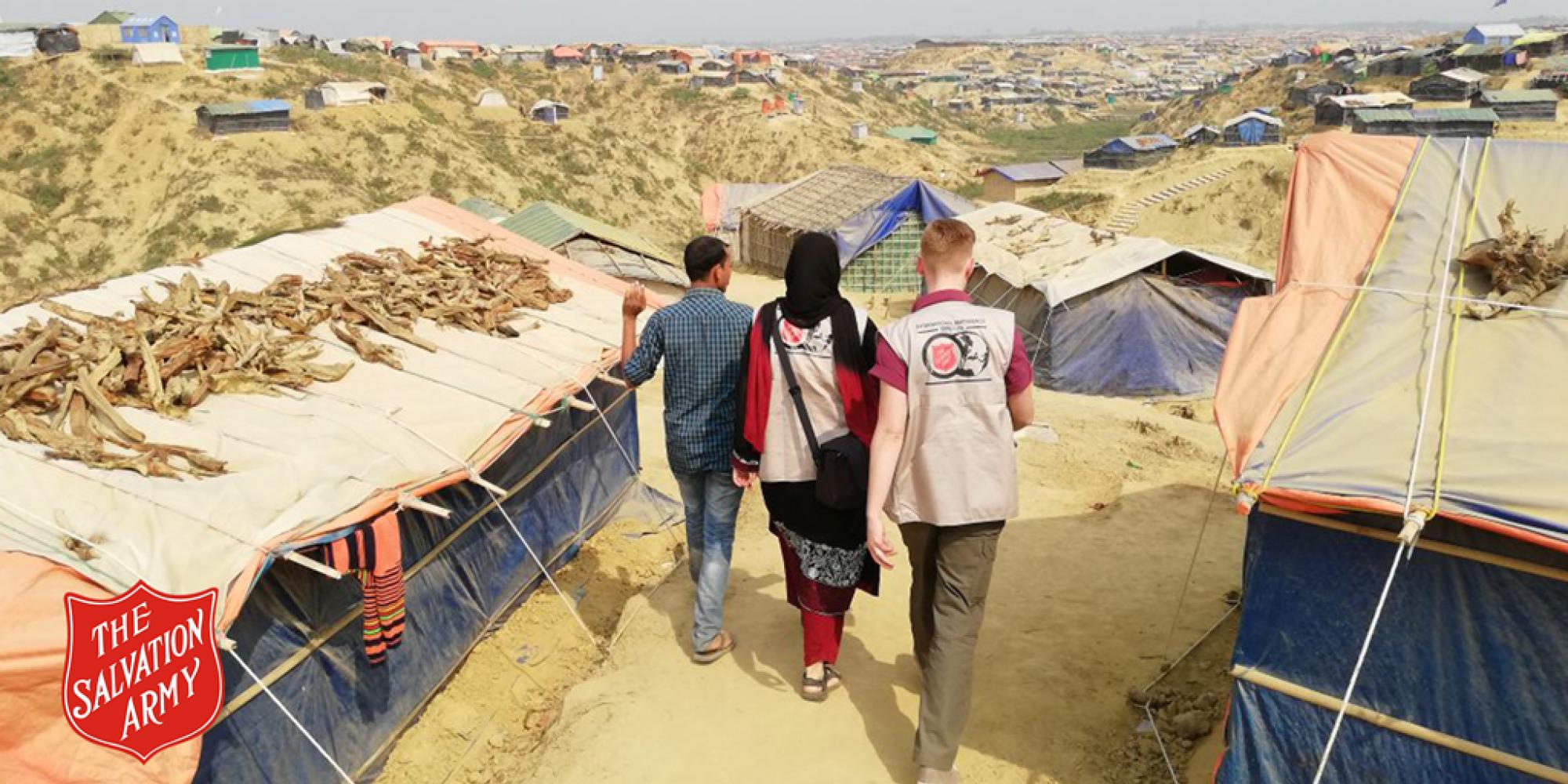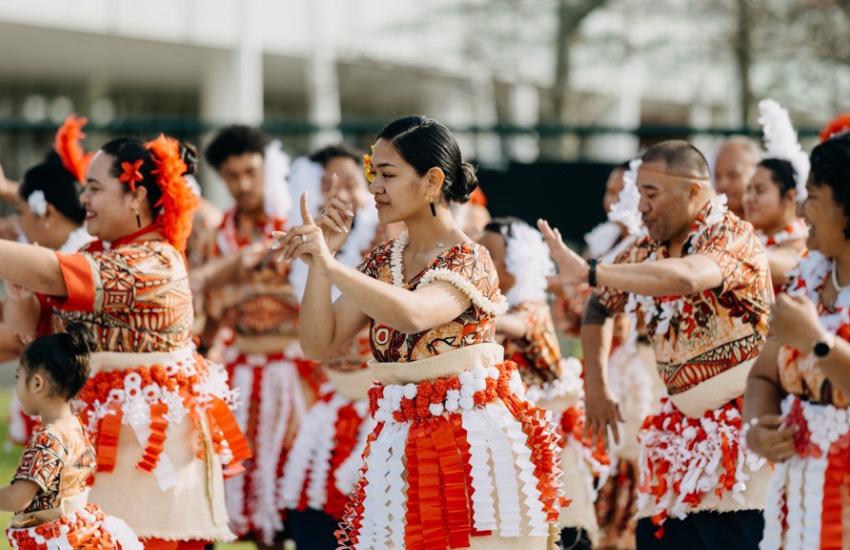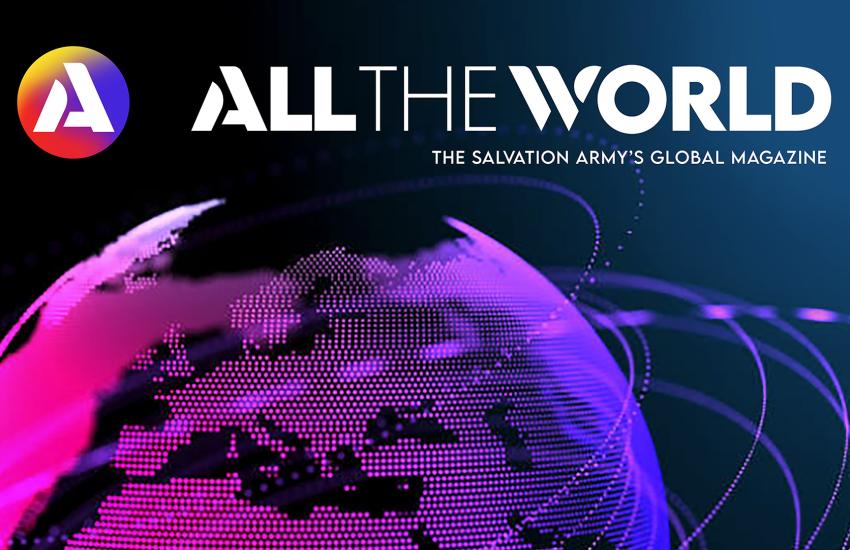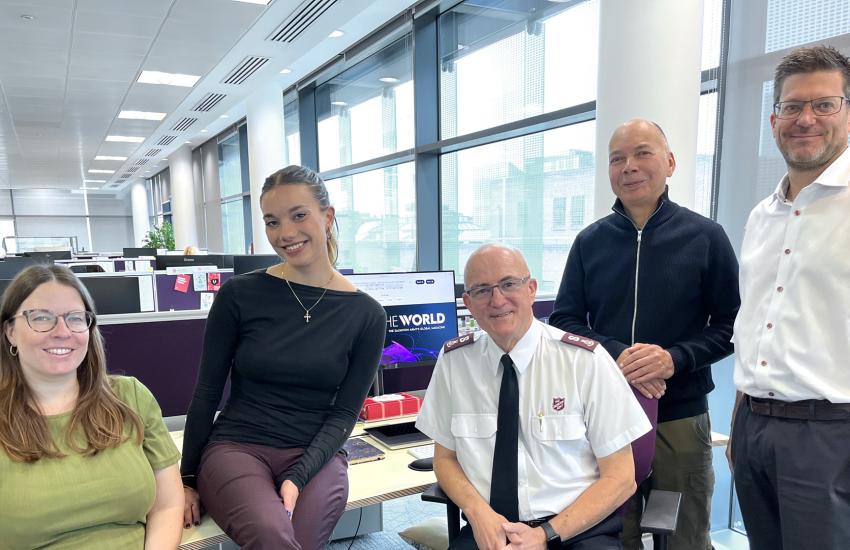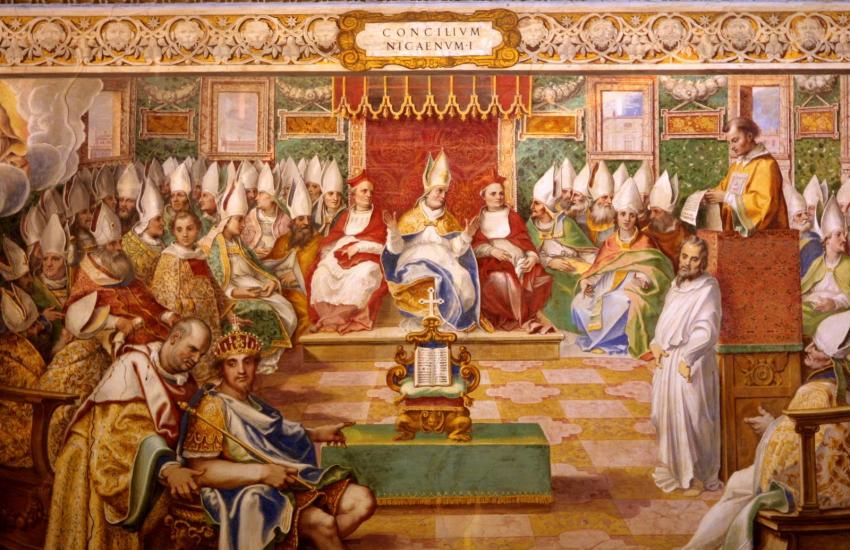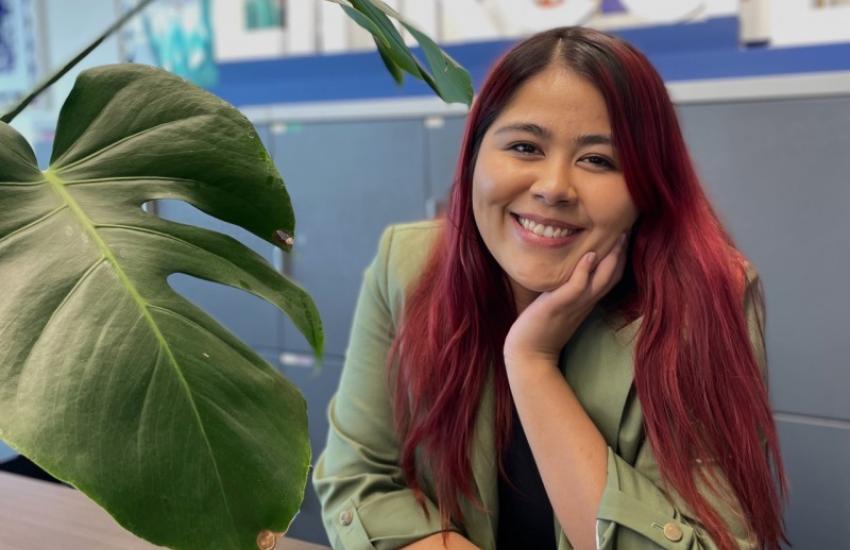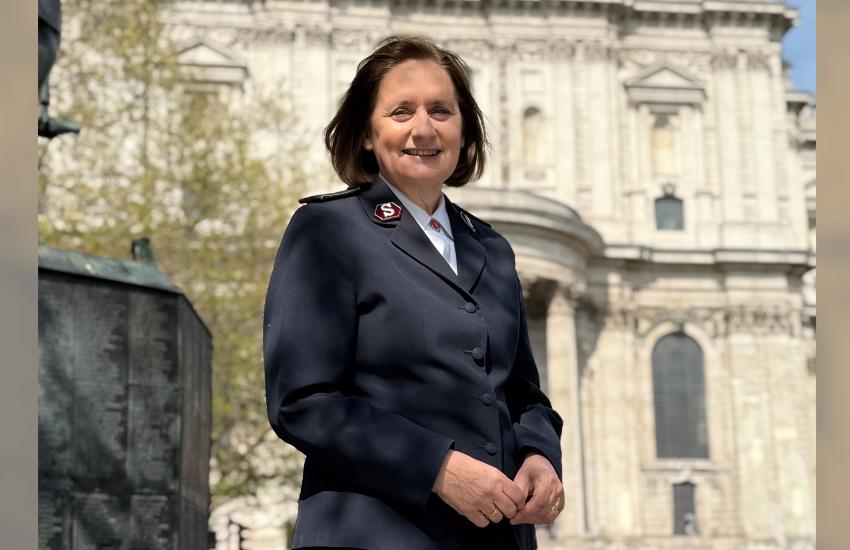THE Salvation Army in Bangladesh is to begin working in camps housing Rohingya people who have fled violence in neighbouring Myanmar. After many months of planning and preparation, the government has given permission for an innovative project to supply LED lights and solar panels.
The Rohingya people – sometimes referred to as Arakanese Indians – originate from what is now western Myanmar. The majority are Muslim but there are some Hindu Rohingya. Since 25 August 2017, an estimated 706,364 Rohingya have crossed into Bangladesh, fleeing violence in Myanmar’s Rakhine State, increasing the total Rohingya population in the crowded camps near an area known as Cox’s Bazar to more than 919,000 people. Around 55 per cent of the refugee population are under 18 years old, three per cent are elderly and 16 per cent are single mothers. The influx of refugees has caused a humanitarian crisis that affects around 1.3 million people in Cox’s Bazar, with assistance needed by both refugees and host communities.
An unusual problem faced by The Salvation Army as it seeks to help the innocent civilian victims of the fighting is that the name of one of the main Rohingya militia groups translates as the Arakan Rohingya Salvation Army (ARSA). The Salvation Army's International Headquarters wants to clarify that it is not connected to or affiliated with ARSA in any way.
Working together
Representatives from The Salvation Army's International Emergency Services visited Bangladesh in February 2018 to assess the situation with Bangladesh Salvation Army leadership and project staff. The needs in the refugee camps are massive and varied. In order to provide the best and most appropriate assistance, The Salvation Army in Bangladesh is working closely with the local government, which is coordinating the refugee response, to ensure its intervention will complement activities undertaken by other stakeholders and to avoid duplication of efforts. Other international and local non-governmental organisations (NGOs) and other groups will fulfil some of the many other needs. During the assessment process, conversations and meetings took place to identify 'gaps' in provision that The Salvation Army might be able to meet. One of the gaps highlighted was the need for power and light in the camps.
Sustainable energy in the community
The Salvation Army in Bangladesh has now been given approval by the NGO Bureau, the government office responsible for relief and development projects, to provide solar panels with LED lights and accessories to 2,800 families in camps, with a focus on vulnerable people (the elderly, people with disabilities, female-headed households etc). Each family will receive two LED lights (3 watts each), one lithium battery (75 watt-hour) and one high-output solar panel with accessories. The sustainable source of light will contribute to safety in the huge, hazardous camp setting.
The solar panels will charge during the day and then provide enough power for a light as well as the possibility for people to charge mobile phones and power other devices. The project will enable people to perform tasks at night without the need for batteries or the dangers of open fires. The lights will also greatly enhance safety and security in the camps – for example when navigating the treacherous pathways, bridges and steps made of sandbags – and it is hoped that they will reduce crime and attacks. Bangladesh has plenty of free sunshine, which makes solar a renewable, effective and efficient energy source for Rohingya people living in the camps in Cox’s Bazar.
The project has been made possible thanks to the generous donations from Salvation Army donor offices around the world.
Report by International Emergency Services
- Photos from the assessment are available to download from the IHQ Flickr stream: sar.my/iesrohingya
